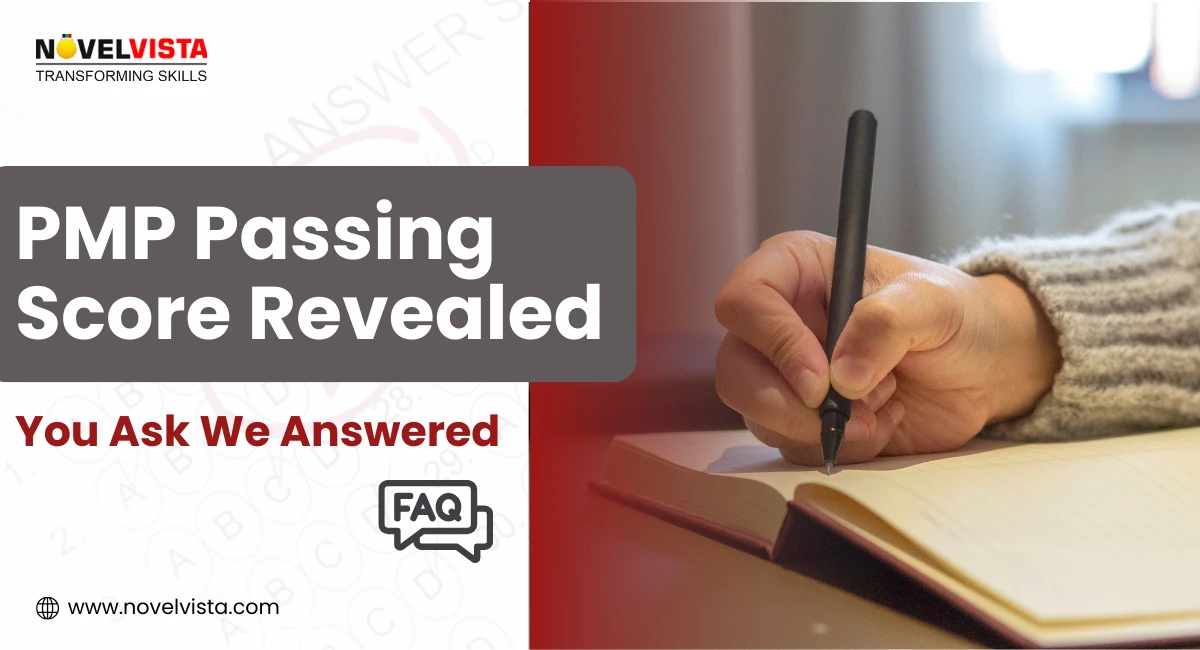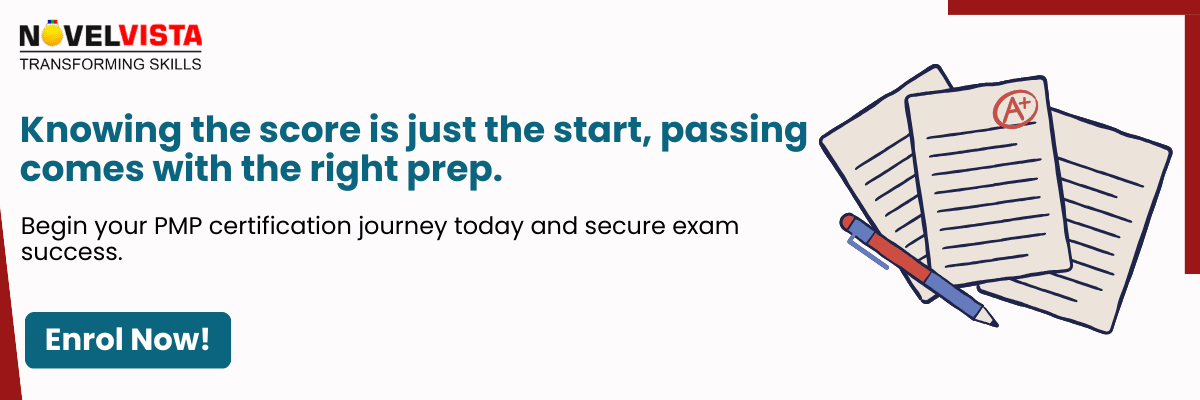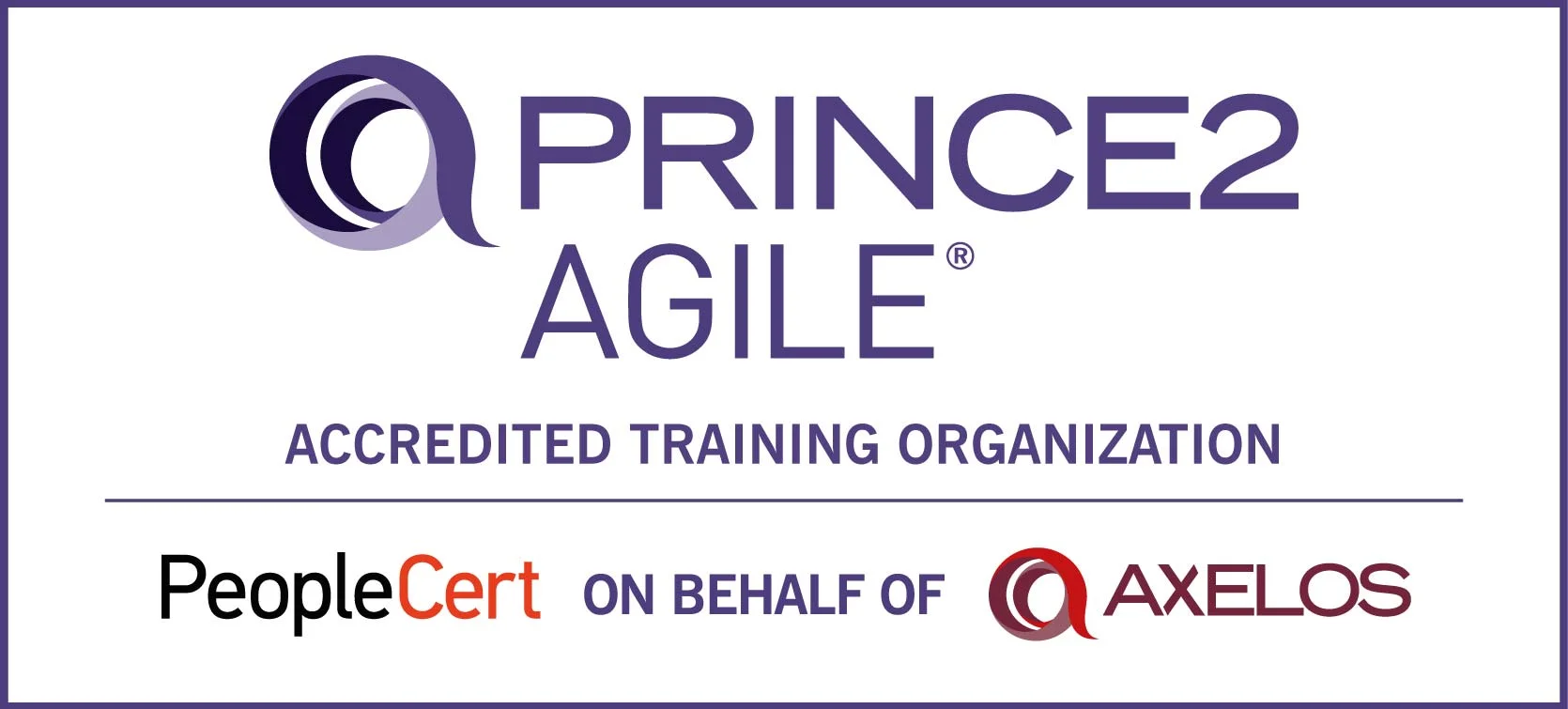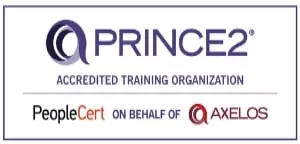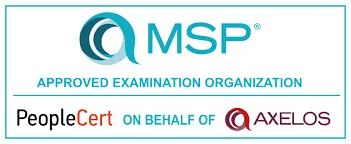Curious about the PMP passing score? You’re not alone. Many aspiring project managers wonder what score they need to pass the PMP exam. The reality is, PMI doesn’t give a fixed passing score. Instead, it’s based on how well you perform across three areas: People, Process, and Business Environment.
So, forget chasing a specific percentage. Experts recommend aiming for a 75% to 80% score on your practice tests to feel confident. And if you’re wondering how manyquestions are on the PMP exam, it’s 200 questions (175 scored). In this post, we’ll dive into the PMP test passing score, the scoring system, and give you the context to help you prepare effectively.
PMP Passing Score – The Big Question
So, you’re wondering what the PMP passing score is, right? Well, here’s the deal: there’s no fixed passing score. PMI doesn’t release an exact score or percentage that guarantees success in the PMP exam. While that might sound a bit mysterious, it's actually a key part of how the PMP test is designed.
Instead of a simple percentage-based scoring system, the PMP exam passing score is determined using something called psychometric analysis—a fancy way of saying that PMI evaluates how well you perform across different domains, not just the number of questions you get right.
Here’s how it works:
You’ll be tested on three key domains:
-
People
-
Process
-
Business Environment
For each domain, you’ll fall into one of these four categories:
-
Above Target – You nailed it.
-
Target – You met expectations.
-
Below Target – You’re close, but there’s room for improvement.
-
Needs Improvement – This area needs work.
Now, the best part: there’s no one domain that will make or break you. Each domain has a different weight in the overall score. So, even if you score "Below Target" in one area, performing well in others can still help you pass the PMP test. It’s about balancing your strengths across all sections.
Instead of a simple "percentage correct," PMI uses a complex scoring system based on the difficulty of the questions. So, if you’re answering tougher questions correctly, those may weigh more heavily in your favor when determining the PMP exam passing score.
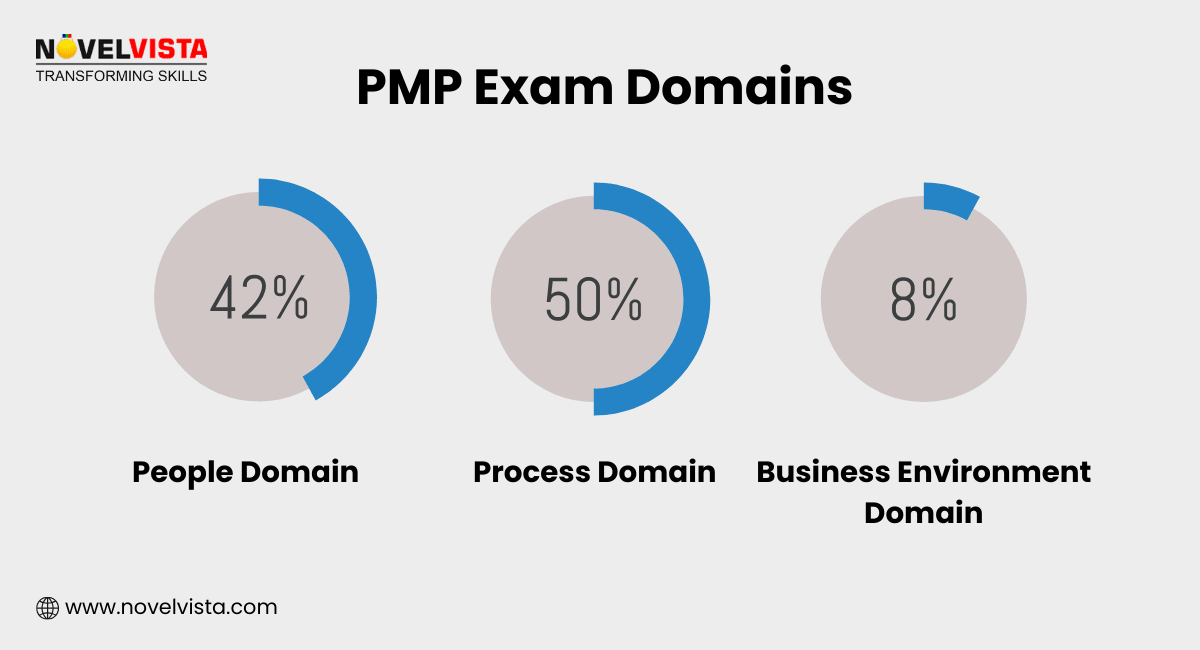
PMP Exam FAQs
About the PMP Passing Score
1. What is the PMP passing score in 2025?
PMI doesn’t disclose an exact number, but you must perform well across all three domains. Experts recommend aiming for above 70% in practice tests.
2. Why doesn’t PMI disclose the exact passing score?
Because the exam uses psychometric methods to measure competency. It adapts based on question difficulty and overall candidate performance.
3. Is the passing score based on percentage or scaled scores?
It’s scaled, not a fixed percentage. Your performance is assessed relative to the difficulty of questions answered correctly.
4. How do performance domains affect the passing score?
Strong performance in two domains can offset weaker performance in one, but consistent competence is the safest strategy.
5. Can I pass if I get below the Target in one domain?
Possibly, yes. But if you score “Needs Improvement” in any domain, your chances of passing decrease significantly.
PMP Exam Format & Structure
6. How many questions are on the PMP exam?
The exam consists of 180 questions, including 5 pretest questions that don’t affect your score.
7. How much time is given for the PMP exam?
You have 230 minutes to complete the exam.
8. Are all questions scored, or are some pretest questions?
Five questions are unscored pretest items used by PMI to test future questions.
9. What type of questions appear on the PMP exam?
You’ll encounter multiple-choice questions, multiple responses, hotspot, drag-and-drop, and scenario-based questions.
10. Is the PMP exam adaptive or linear?
The exam is linear; questions are fixed in sequence, but difficulty varies across sections.
Exam Preparation & Strategy
11. How long should I study for the PMP exam?
Most aspirants take 3–6 months of consistent study, depending on prior experience.
12. What are the best PMP prep resources in 2025?
PMI’s Exam Content Outline (ECO), PMBOK Guide 7th Edition, online mock tests, and structured training programs.
13. Should I memorize ITTOs (Inputs, Tools, Techniques, Outputs)?
Memorizing ITTOs helps, but understanding their application in scenarios is more important.
14. How important is mock testing for PMP?
Extremely. Mock tests help you gauge performance, track progress, and identify weak domains affecting the pmp test passing score.
Check out: Free PMP Mock Test
15. Do I need formal training before applying?
Yes, PMI requires 35 contact hours of project management education before applying.
Application & Eligibility
16. What are the eligibility requirements for PMP?
Bachelor’s degree + 36 months leading projects or high school diploma + 60 months, plus 35 contact hours of training.
17. How do I apply for the PMP exam?
Submit your application on PMI.org with project experience, education, and training details.
18. How much does the PMP exam cost?
$555 for non-members, $405 for PMI members.
Also Read: PMP Exam Fee Guide and Smart Saving Tips
19. Can I take the PMP exam online or only in person?
Both options are available: online proctored or at a Pearson VUE test center.
20. Do I need PMI membership before applying?
No, but members get a discount on exam fees and access to PMI resources.
Download PMP Sample Questions in PDF – Free!
Organized by Exam Domains.
Take the first step toward opportunities at Google, IBM, and Deloitte..
Pro Tips for Passing the PMP Exam
Successfully passing the PMP exam is all about strategy and preparation. Here are some expert tips to help you tackle the exam with confidence:
Study Mindset: Practice, Revise, and Simulate Exam Conditions
The key to passing the PMP exam? Consistent practice. But here’s the thing—you need to aim for a 75% to 80% score on your practice tests before sitting for the real exam. This is the golden rule that tells you you’re ready for the PMP test passing score.
Why 75% to 80%? Because if you’re hitting that range, it means you're not only understanding the material but you're also comfortable with the PMP exam format and pacing. With 200 questions on the PMP exam (175 scored), this score range indicates you’re ready to handle both the difficulty of the questions and the time pressure.
But don’t just take one practice test and call it a day. Keep revising, keep testing, and keep practicing under timed conditions. The more you simulate real exam scenarios, the more confident you’ll be on test day. Remember, it’s not just about memorizing facts—it’s about applying them under pressure, especially when the questions are tough!
So, if you're consistently hitting that 75% to 80% range on your practice exams, you’re in great shape for the PMP passing score. Keep pushing, and you'll be ready to tackle the PMP exam passing score with confidence.
Time Management on Exam Day
The PMP exam lasts for 230 minutes, and managing that time efficiently is critical. During the exam, keep track of the time, but don’t rush through questions. Spend more time on the more complex questions, and don’t dwell on ones that seem tricky. Use a systematic approach to eliminate incorrect answers first, narrowing down to the best choice.
Understanding Scenario-Based Questions
The PMP exam has a heavy focus on scenario-based questions, so it's not just about memorizing definitions but understanding how to apply your knowledge in real-life project situations. Take time to read each scenario carefully, identify the key issues, and choose the most appropriate response based on project management best practices.
Using PMI’s Exam Content Outline (ECO)
The ECO is your roadmap for success. It outlines the exact areas tested on the exam, so use it to guide your study sessions. Align your study materials with the exam’s content, ensuring you cover all the domains comprehensively. Make sure you're equally strong in each of the three performance domains: People, Process, and Business Environment.
Scoring & Results: What You Need to Know About Psychometric Analysis
Here’s the deal—the PMP passing score isn’t a simple number. PMI doesn’t just tell you a percentage you need to hit to pass. Instead, they use psychometric analysis, which means your PMP test passing score is based on how well you perform on questions of different difficulty levels.
Here’s how it works: There are 200 questionson the PMP exam (with 175 scored questions and 25 unscored), and how many questions you answer correctly is important, but how hard those questions are matters more. If you do well on the tough ones, it boosts your score more than getting easier ones right. So, don’t sweat it if you miss a few basic ones—thePMP exam passing score isn’t about acing every question.
Instead of a single passing percentage, PMI breaks down your results into four performance categories for each domain:
-
Above Target (AT) – You nailed it! Your knowledge is solid.
-
Target (T) – You met the mark. Good job!
-
Below Target (BT) – You’re a little under the expected level. Some gaps to fill.
-
Needs Improvement (NI) – This domain needs more focus.
The bottom line? You don’t have to get everything right to pass the PMP exam. Even if you score Below Target in one domain, as long as you perform well in others, you can still pass. It’s about overall balance, and the harder questions you get right count for more in determining your PMP passing score.
So, forget about aiming for a specific number. The PMP exam passing score is based on how many questions you get right, yes, but also on how difficult those questions are. It’s a more nuanced way to see your skills as a project manager.
Historical and Unofficial Context: Debunking the Myths
Historical and Unofficial Context: Debunking the Myths
Wondering about the PMP passing score? Forget the old 61% passing score—that was the threshold up until 2005 and is completely outdated now. The PMP exam passing score today isn’t about a fixed percentage. Instead, PMI uses psychometric analysis to evaluate how you perform across key areas: People, Process, and Business Environment.
So, stop focusing on outdated numbers. Experts recommend aiming for a 75% to 80% on your practice tests as your goal to be exam-ready. This range ensures you're prepared to tackle the 200 questions on the PMP exam and handle both the difficulty and timing of the test.
Conclusion
So, here’s the bottom line: there’s no fixed PMP passing score. It’s all about how well you do across the three key areas: People, Process, and Business Environment. Forget about the old 61% score—what really matters is mastering the material and being ready for the challenge.
To give yourself the best shot at passing, aim for a 75% to 80% score on practice exams. That means you’re not only understanding the content but also comfortable with the exam format. Remember, the PMP exam passing score is based on a psychometric analysis, so it’s not just about answering questions right—it’s about handling the tougher ones too.
In short: Focus on mastering the content, practicing under timed conditions, and understanding how to apply what you’ve learned. Nail that, and the exam will be just another step toward earning your PMP certification.
Next Steps
Ready to stop worrying about the passing score and start preparing to pass? At NovelVista, our PMP Certification Training is designed to help you master all exam domains with real-world case studies, practice tests, and expert guidance. Join our program today and boost your chances of success in your very first attempt.
Take the next step in your career and become a globally recognized PMP professional.
Frequently Asked Questions
Author Details

Mr.Vikas Sharma
Principal Consultant
I am an Accredited ITIL, ITIL 4, ITIL 4 DITS, ITIL® 4 Strategic Leader, Certified SAFe Practice Consultant , SIAM Professional, PRINCE2 AGILE, Six Sigma Black Belt Trainer with more than 20 years of Industry experience. Working as SIAM consultant managing end-to-end accountability for the performance and delivery of IT services to the users and coordinating delivery, integration, and interoperability across multiple services and suppliers. Trained more than 10000+ participants under various ITSM, Agile & Project Management frameworks like ITIL, SAFe, SIAM, VeriSM, and PRINCE2, Scrum, DevOps, Cloud, etc.
Course Related To This blog
PMP Training
Confused About Certification?
Get Free Consultation Call

